Mental Training in Sports
Nerves of steel with tips from mental coach Andreas Mamerow
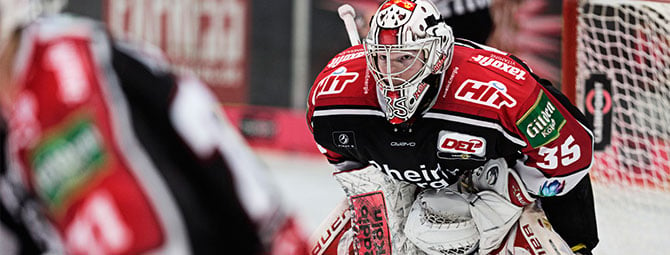
Mental training in sports not only helps with stage fright: the best athletes are mentally strong. In this interview with mental coach Andreas Mamerow, you will learn what positive effects mental training can have on athletic performance.
As a competitive athlete, you are dependent on being able to use your mental strength to achieve your full athletic potential. It is precisely in these situations that competitive stress, pressure to perform and nervousness can stand in the way of physical peak performance.
This is where mental training comes into play. Mental strength can improve your athletic performance and this can be trained. As a complement to physical training, mental training creates the basis for more efficient training and a stronger performance during competitions.
An interview with a mental coach: Andreas Mamerow

The co-founder of the German Mental Trainer Academy Andreas Mamerow not only has a degree in mental coaching but is himself a passionate athlete with a background in western riding. In 2006 he coached the German national team at the World Championships in Western Riding in Aachen. He and the team intensively dealt with mental training.
"At some point during my own athletic career I came across 'mental training'. This led me to realize how important the mental component is in sports."
Today he works as a coach, mental trainer and consultant.
The German Mental Trainer Academy and their goal
The German Mental Trainer Academy was founded in 2010 by a group of dedicated sports scientists, coaches and athletes - including Andreas Mamerow. Today he is the second chairman of the association.
The German Mental Trainer Academy has made it its goal to establish mental training as a complementary training method in all areas of sports. To this end, they offer training courses for mental coaches.
"We believe that mental training should actually be included in children's and youth training, like all other types of training. Whether it's conditioning, athletics or technique, it doesn't matter in the end - mental training should also be part of it."
After founding an association, the next step was establishing a federal association:
"We recently took the next step and founded a federal association, the German Federal Association for Sports Mental Training. Our goal is to make mental training an integral part of German sports on a very large scale".
Andreas Mamerov believes that every athlete can benefit from mental training:
"Every athlete needs mental training to put themselves in a position where they can retrieve their training performance in a competitive situation."
What is mental training in sports: A definition.
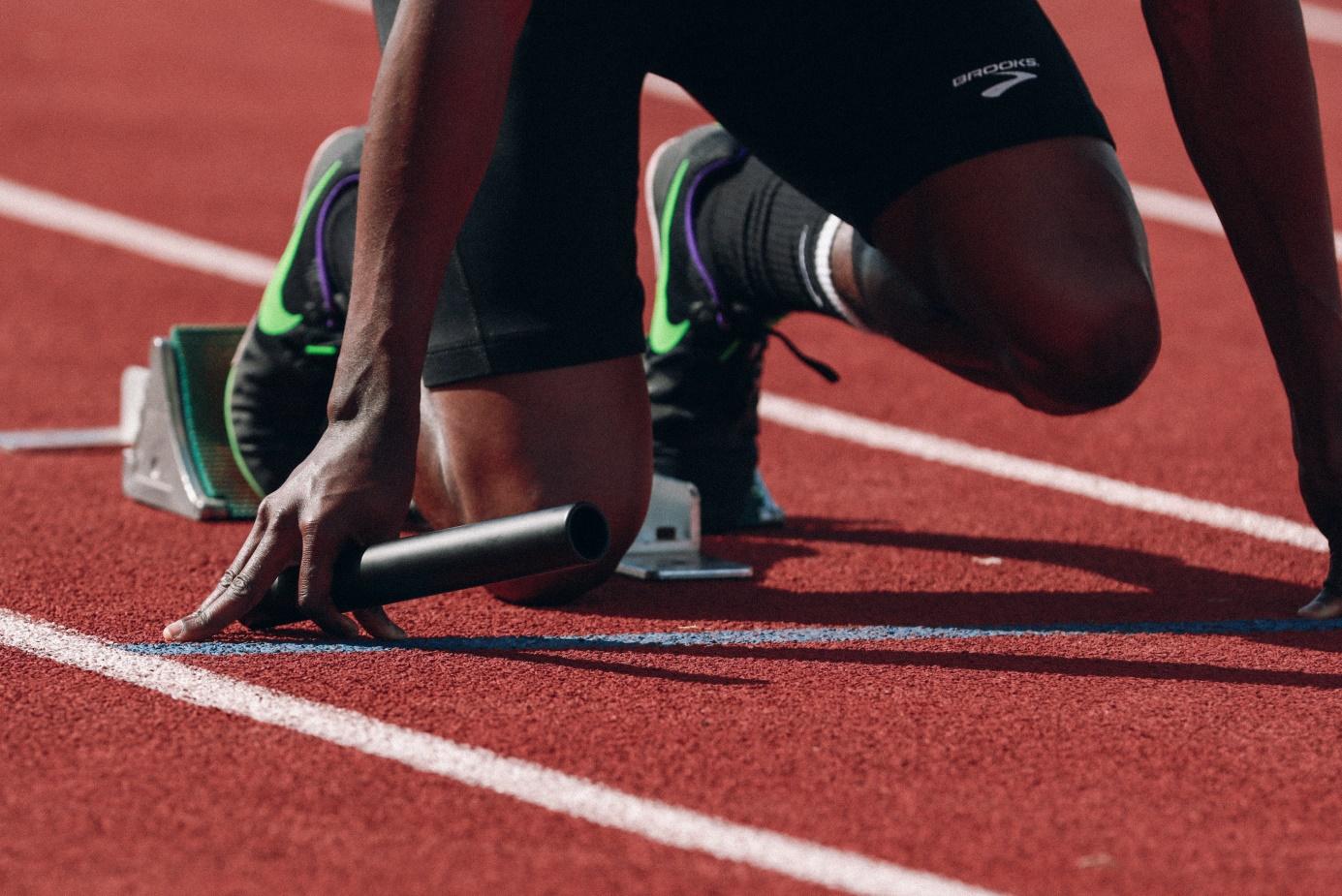
Fundamentally, mental training deals with the direct influence of psychological processes on movement. This includes certain cognitive strategies that are used to optimize movements. This is achieved by the repeated, intensive "thinking through" of an optimal movement sequence, but without its simultaneous execution.
This definition is certainly correct in principle, but a little outdated, according to Andreas Mamerow:
"Originally, mental training was understood to mean exactly that. Today we define mental training in a much broader way."
The wider mental training concept that is used nowadays also includes all thoughts and feelings in competitive sports. Trainable areas which belong to the comprehensive definition of mental training are for example focus, motivation, mental strength and mental preparation for competition.
"Being good when it counts." - Goals of mental training
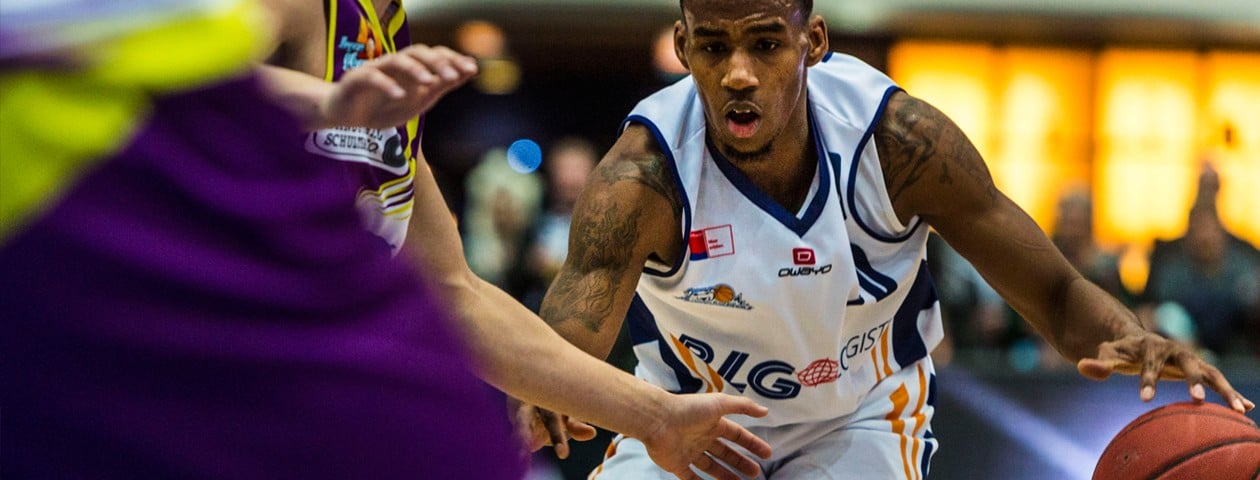
The goals of mental training are not limited to an increase in athletic performance.
"Basically, it's about accelerating performance development. If you combine real and mental training, it has been scientifically proven that this significantly accelerates performance development. You can get better faster".
Among other things, movement sequences are internalized and optimized. A side effect of mental training is also the minimisation of the injury risk - in sports and in everyday life.
"Training your focus will reduce the likelihood of injury in sports. In highly focused training, you are always aware of your movement and can thus prevent injury. Logically, lack of focus leads to accidents - this is even seen in everyday life. Accidents in the household happen due to lack of concentration."
Keeping a cool head in competitive situations
Stage fright and stress situations during competitions have so far been the enemy of a competitive athlete. Mental training can help to recall the peak performance when it counts the most during competition. According to Mamerow, this is the main goal of mental training.
Mental training success stories
Many athletes who are regularly exposed to high mental pressure swear by mental training. At this point we would like to introduce you to two athletes who have found great success with mental training.
Christoph Strasser - extreme athlete with nerves of steel

Christoph Strasser started cycling at the age of 18 and participated in a 24-hour cycling race for the first time at the age of 20. In 2011 Strasser won the Race Across America (RAAM) as the youngest participant of all times and in August 2016 he won the Race Around Austria for the third time (he needed 3 days, 12 hours and 41 minutes for 2200 km).
As a long-distance cyclist, mental training is an essential part of his training routine. Endurance athletes quickly become victims of their own destructive thoughts and therefore have to motivate themselves over a long period of time. His mental coach Tom Jaklitsch accompanied Strasser at RAAM 2011. During the race, the athlete had to be hypnotized by his mental coach to sleep for his maximum 90 minute sleep. During the athlete's 90-minute sleep, mental coach Jaklitsch observed the athlete's eye movements to determine when the deep sleep phase ended and it was time to continue.
In an interview with the "Rennrad" magazine, Strasser reports how important mental training is for him:
"In order to stay motivated, mental training before the race is very important: you need to formulate your goals and know what it takes to achieve them. You must have the answer to the question of "why are you doing this?". Because you are guaranteed to ask yourself that question often during the race."
One of the most important aspects of mental training in long distance cycling is not to lose sight of your goals, which can happen after eight hours on the bike. In such situations Strasser mobilises the idea of being the first to reach the finish. "I experience it with all my senses and imagine exactly what it feels like when I reach it," says the extreme athlete in an interview with "welovecycling". Extreme situations during the race, such as burning heat, are mastered by Strasser through preventive mental training, in which he plays through the difficult phases in advance as if he was in a film. Thus prepares him mentally for the strains and, when the time comes, allows him to overcome the situation with a cool head without sacrificing performance.
In addition to cycling, Christoph Strasser is also a motivational speaker.
Steffen Deibler - Swimming on instinct
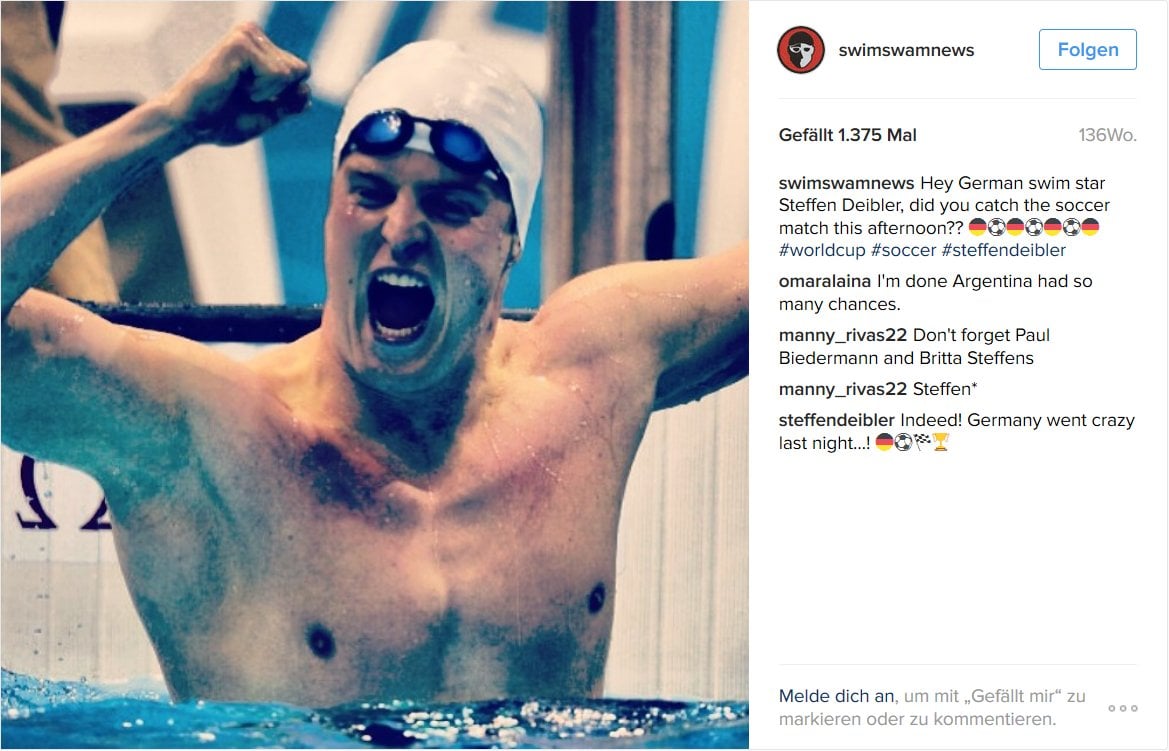
Steffen Deibler is world record holder on the short track in the 50m butterfly. At the Olympic Games in London 2012 he reached the 4th place at the 100m Butterfly.
Swimming is a sport in which a few hundredths of a second can make the difference. In order to withstand this mental pressure, the competitive athlete has been doing mental training with his mental coach Ulrich Oldehaver since 2010. In this way the swimmer learns to deal with his nervousness and tension before the starting signal and to give his best when it counts the most.
Every athlete has different mental strengths and weaknesses. Steffen Deibler works above all on an optimistic and goal-oriented attitude before the start. With his mental coach, the swimmer has worked out a program that begins one hour before the starting signal. This includes, among other things, the use of meditative music under which Steffen Deibler can achieve optimal relaxation before the competition. As the competition approaches, the mental coach advises the swimmer to put himself back into the best competition situation and to visualise the high feeling of that time. In return, the memory of negative influences that led to a worse competition result must be avoided.
Mental Training in Hobby Sports: Tips for Hobby Athletes
It is not just competitive athletes like Christoph Strasser or Steffen Deibler who can benefit from mental training. Every athlete, whether hobby or competitive, can experience the positive effects of mental training. This includes, among other things, the expansion of the performance spectrum, the training of concentration and the ability to compete.
Advantages of mental training can also have a positive effect on other areas of life. For example, it trains focus and determination in school or professional life.
"In our definition of mental training, it is crucial that we do not see the athlete only as an athlete, but as a systemic whole. The athlete is always part of his entire environment. If he does concentration training in sport, this will also help him at school, for example".
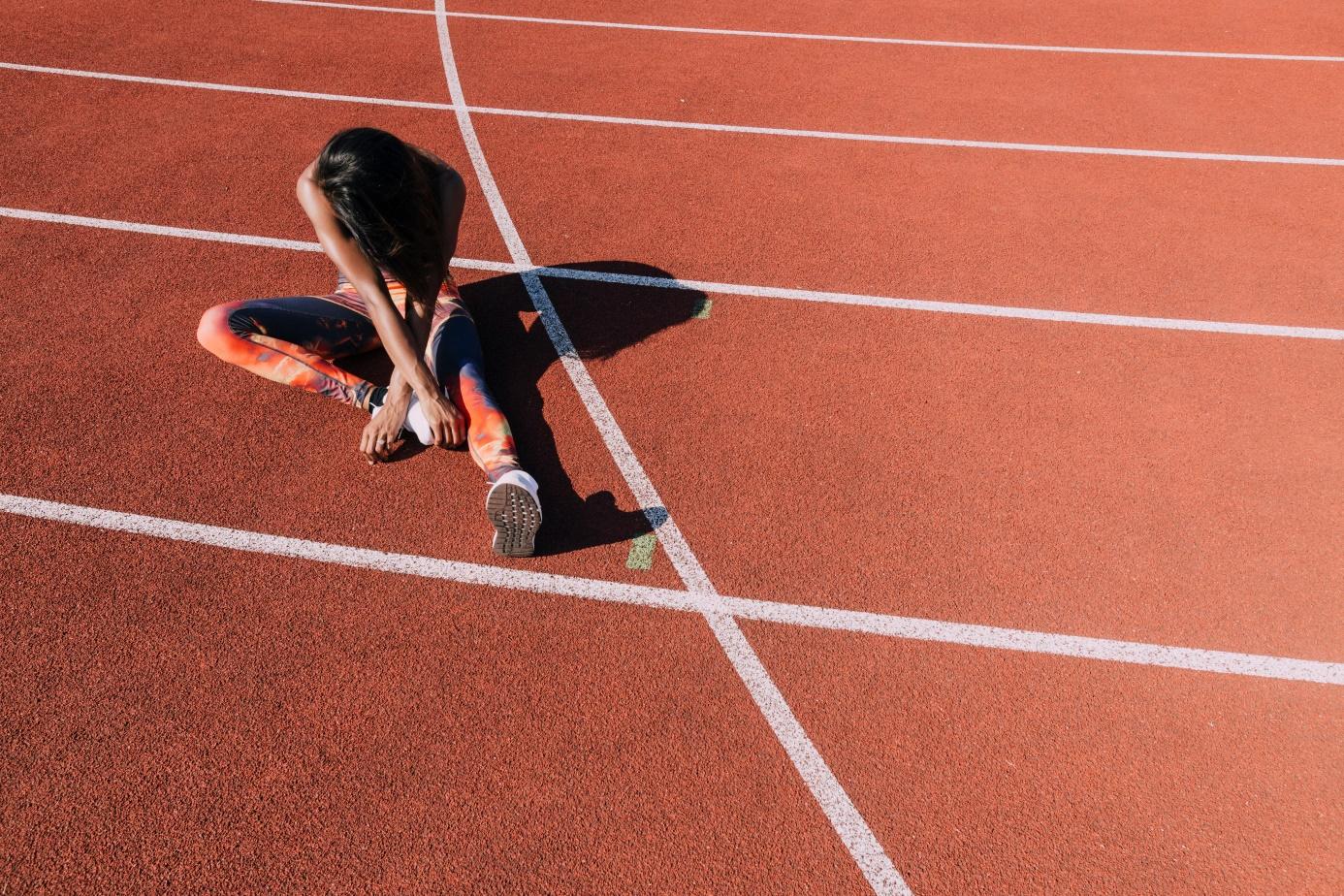
These exercises and tips can help you:
Clear goals: Clearly formulated goals lead to a better performance in competition. Vague objectives often stand in the way of athletes and teams. Only when clear goals have been set do athletes and teams know what they are training for and how they can achieve them.
Learning to activate potential: The ability to recall the feeling that occurs when you have achieved your peak athletic performance can help you in competitive situations.
Positive Affirmations: These help to cope with failures while staying motivated. For this you write down short, positively formulated sentences in first person form and present tense. Example: "I think positively". "I am focused."
Say stop: This exercise helps to stop negative moods and self-doubt. As soon as you realize you're thinking, "I'll never make it." or "The others are much better than me," picture a stop sign and say to yourself, "Stop!".
Correct self-assessment: Mental strength exercises are often about training realistic self-assessment, such as predictive training. A possible exercise for this could be like this: How long can you hold your breath? Then you make a prognosis and check how long you can actually hold your breath. The more precise the initial prognosis, the better you can assess your sporting performance yourself. "By knowing exactly what you have and what you don't have, you can precisely measure your own performance. That gives you a lot of self-confidence," explains Andreas Mamerow.
We want to thank Andreas Mamerow for this interview!
Just as important as mental strength in sports is proper nutrition. Read in this article about "Sports Nutrition" how to get the best results before and after training.
Pictures: © Owayo © DeathtotheStockphoto © Unsplash